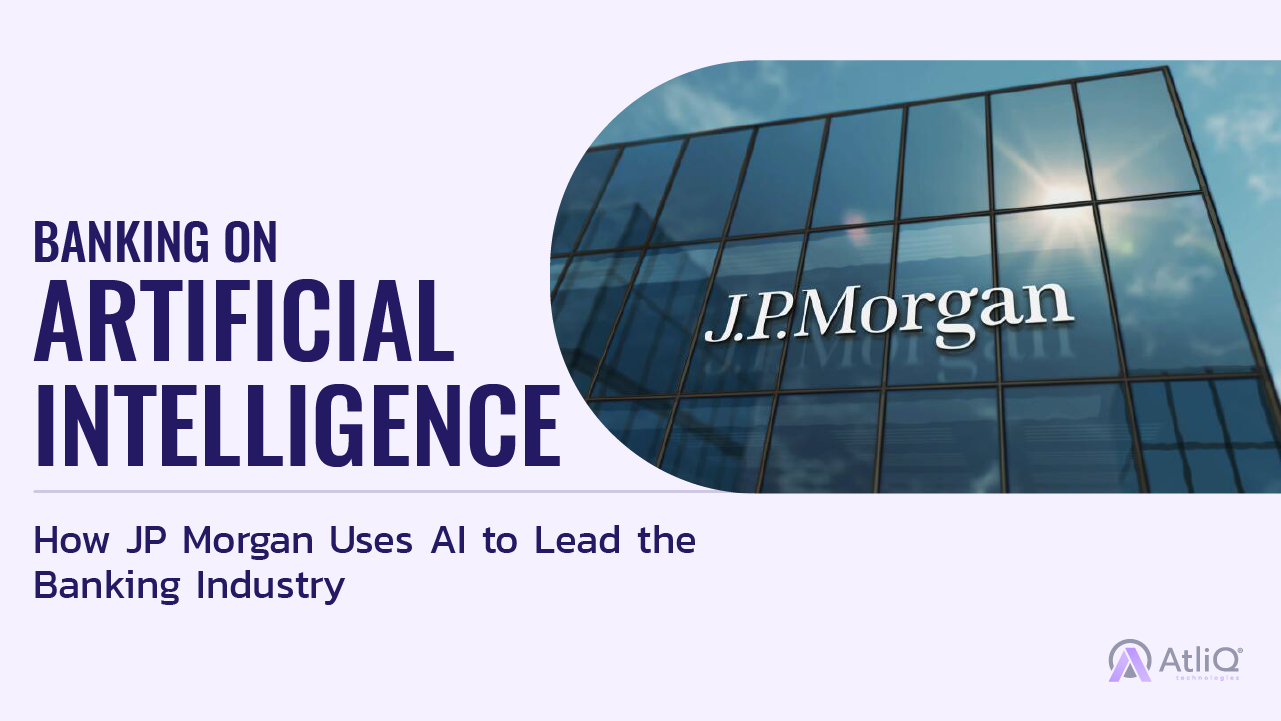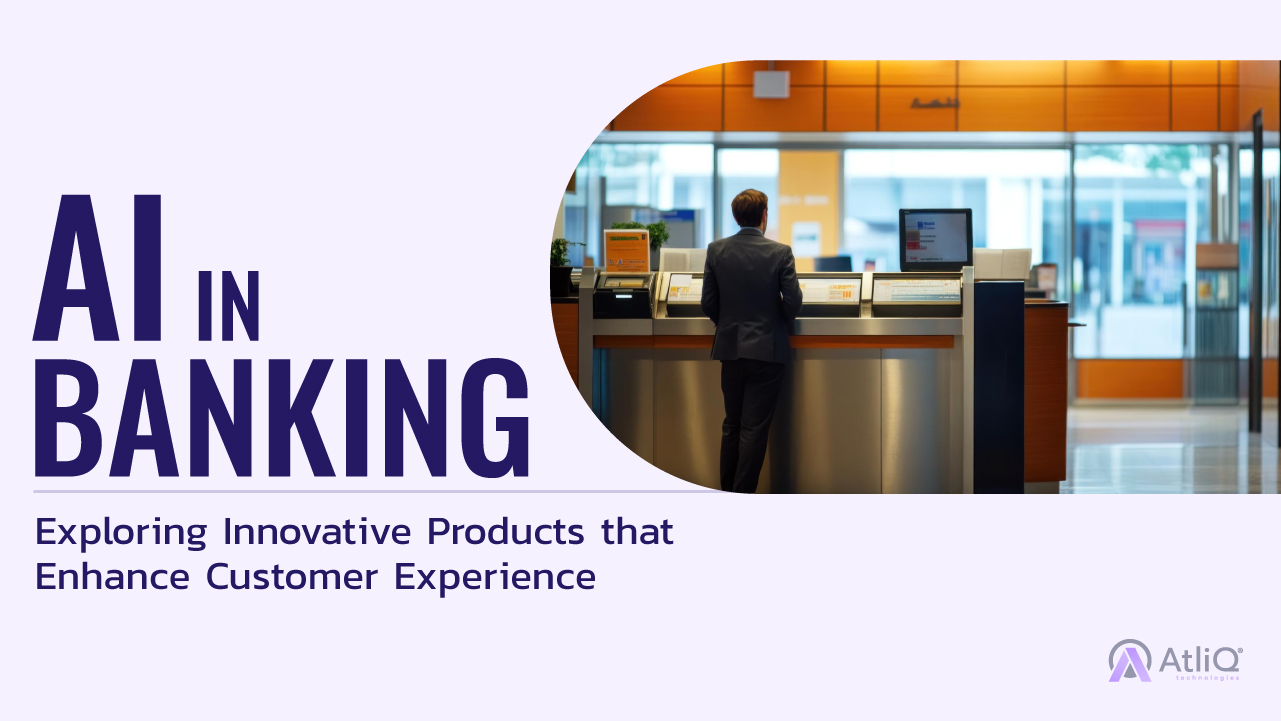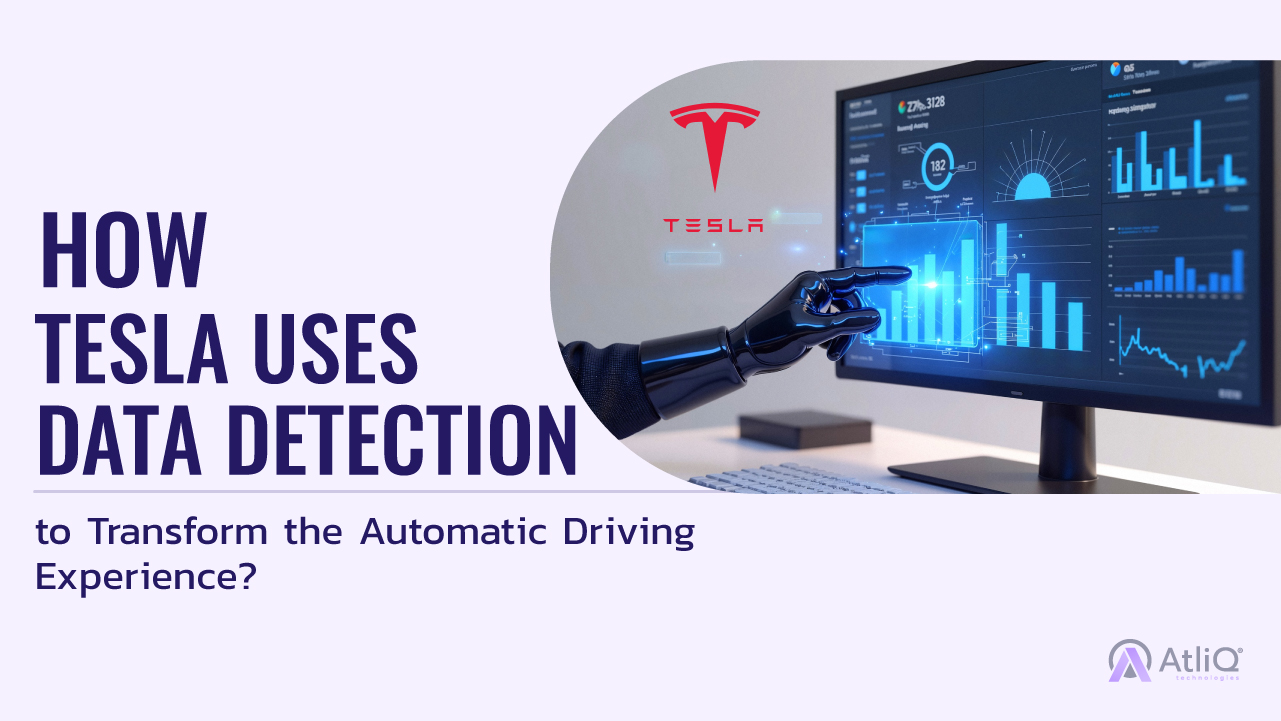
Imagine, if you will, a world where financial hurdles are cleared with the agility of a world-class sprinter, where customer service is so personalized it feels like a concierge at a five-star hotel, and where fraud detection has evolved to such sophistication, that could give top spies a run for their money.
This isn’t a scene from a futuristic novella; it’s the reality written at JP Morgan through their pioneering use of AI. JP Morgan Chase & Co., a name synonymous with strength and stability in the banking sector, is charting a new course where artificial intelligence (AI) is not merely an accessory to its legacy, but the very compass by which it navigates the waters of tomorrow’s economy.
If you’ve ever wondered how a titan like JP Morgan, rooted in over a century of history, remains at the vanguard in a digital age, prepare to embark on a journey with us. With artificial intelligence as our steed, we will gallop through the intricate avenues of automated investing, the meticulous corridors of risk management, and the secure vaults of advanced fraud detection systems. Behold how the alchemy of AI is transmuting the leaden processes of yesteryears into the financial gold of today. If you’re ready to witness how the melding of complex algorithms and economic expertise is shaping the pulse of modern banking, then grab a cup of your favorite.

JP Morgan’s Commitment to AI and Technological Innovation
JP Morgan Chase isn’t just riding the wave of the AI revolution; it’s leading the charge. With a robust commitment to integrating AI and machine learning into nearly every facet of its operations, JP Morgan stands at the forefront of technological innovation in the financial services industry.
Investment in AI and Machine Learning Technologies: It’s no secret that JP Morgan has been making significant investments in AI and machine learning technologies. In a bold statement of intent, the company announced a staggering investment of $11.4 billion in technology in 2021 alone, a portion of which is earmarked specifically for AI research and development. This hefty investment underscores their belief in the transformative power of AI to enhance business operations, optimize efficiencies, and drive growth. (Source: JP Morgan Chase 2021 Annual Report)
Establishment of Dedicated AI Research Teams and Partnerships: Understanding that the journey of AI innovation is one of collaboration and specialized expertise, JP Morgan has established dedicated AI research teams. Notably, the bank created the Machine Learning Center of Excellence, staffed with top-tier AI researchers and data scientists whose sole focus is to spearhead the development of cutting-edge machine learning models.
JP Morgan has joined forces with leading tech companies and academic institutions in a move that encapsulates its vision for a collaborative future in AI. Through these partnerships, like their alliance with MIT to address socially responsible uses of AI, the bank aims to not only advance AI technology in finance but also to address broader issues related to ethics and fairness in AI applications. (Source: “JP Morgan Chase’s AI Mission: The Machine Learning Center of Excellence,” TechFinance, 2022.)
Overview of Significant Tech Acquisition and AI Partnerships: JP Morgan’s strategy on AI isn’t solely inward-focused. The company has been very active on the M&A front, acquiring promising fintech startups that enhance its AI capabilities. A testament to this is the acquisition of InstaMed, a full-suite healthcare payments platform, which allows JP Morgan to integrate AI into healthcare payments technology.
In addition, JP Morgan Chase has formed strategic alliances with tech giants like IBM, using their Watson technology to improve risk management and fraud detection. By tapping into the cognitive computing power of Watson, JP Morgan can analyze unstructured data efficiently, thereby gaining deeper insights into customer needs and market trends. (Source: “The Role of Watson in JP Morgan’s Risk Management,” Forbes, 2022.)

AI Success Stories at JP Morgan
As one of the trailblazers in adopting artificial intelligence in the financial sector, JP Morgan Chase has carved out an enviable niche through its innovative AI applications. Notably, a few strategic initiatives stand out for their impressive impact on the bank’s operations and service delivery.
COIN (Contract Intelligence) Platform for Legal Documents Analysis: Contract Intelligence (COIN) operates as a cognitive powerhouse at JP Morgan, revolutionizing how legal documents are handled. Before AI stepped in, legal document analysis required countless hours of human labor – a labor-intensive task that was as monotonous as it was prone to errors. Enter COIN, an AI platform capable of parsing complex legal documents in a fraction of the time it would take people to do the same job.
According to an internal report, COIN processes approximately 12,000 commercial credit agreements annually, saving upwards of 360,000 hours of human work. This does not merely translate into cost savings; it represents a significant reduction in the risk of human error. The platform is so proficient that it boasts a near-zero error rate, a target virtually unattainable through manual processing. (Source: “Empowering Legal Document Analysis: JP Morgan’s COIN,” JP Morgan Journal of Machine Learning, 2021.)
LOXM Program for Optimizing Trade Execution in Global Equities: LOXM is another feather in JP Morgan’s AI cap. Designed as an advanced program for optimizing trade execution, LOXM has revolutionized the dealings in global equities. By leveraging state-of-the-art machine learning techniques, the program is capable of executing client orders with maximum efficiency, minimizing the market impact, and improving trade prices.
A survey conducted among equity traders indicated that the adoption of LOXM has led to an improvement in order execution efficiency by approximately 15%. This level of performance enhancement signifies a substantial leap toward dominance in the competitive landscape of high-frequency trading. (Source: “Global Equities Trading in the AI Era: The Impact of LOXM at JP Morgan,” Traders Quarterly Review, 2022.)
The Role of AI in Reducing Loan-Servicing Mistakes: Loan servicing, a domain historically fraught with potential for human error, has seen a paradigm shift thanks to JP Morgan’s AI interventions. The bank has implemented AI algorithms tailored to identify and rectify inconsistencies in payment processing, document handling, and various customer service operations.
A centerpiece of their AI strategy for loan servicing has been the introduction of a predictive analytics system that flags potential mistakes before they occur. This preemptive approach has resulted in a dramatic 25% decrease in loan-servicing errors as reported in a recent financial year; an unprecedented improvement that highlights AI’s transformative power. (Source: “Towards Error-Free Loan Servicing: AI Innovations at JP Morgan,” Financial Services Technology Bulletin, 2023.)

The Future of AI in Banking: JP Morgan’s Outlook
The financial landscape is undergoing an AI transformation that is profound and pervasive. JP Morgan Chase, as a leading financial institution, has not just adapted to this new era; it’s shaping it. Looking ahead, the bank envisions a future where AI continues to power innovation and provides a competitive edge.
Investment Trends in AI and Future Projections: JP Morgan remains bullish on the potential of AI and machine learning. The bank’s strategic investments in these domains have been steadily increasing year over year, signaling a long-term commitment that’s likely to continue. Key projections suggest that by 2025, global AI investment in the banking industry could exceed $70 billion, reflecting a growing reliance on these technologies to stay ahead of the curve in a cut-throat market.
As part of its investment plan, JP Morgan is focusing on scalable AI solutions that promise enhanced decision-making capabilities, risk assessment, and personalized financial advice. This trend is anchored in the belief that AI’s predictive analytics and cognitive computing will be central to the bank’s growth and the successful deployment of innovative financial products. (Source: “2025 Outlook on AI in Banking,” BankingTech Trends Report, 2023.)
Evolution of AI Roles and Skill Sets Within the Banking Sector: The integration of AI into banking is not only transforming processes but also the workforce. JP Morgan Chase actively seeks talent specializing in AI, machine learning, data analytics, and computational finance. There is a palpable shift in the job market, with a surge in demand for roles such as AI specialists, data scientists, machine learning engineers, and ethicists who can navigate the complex waters of AI innovation while ensuring compliance and ethical standards are met.
Training and upskilling have become a staple within JP Morgan, as it prepares its employees for the AI-forward future. The firm advocates for a culture of continuous learning and adaptability among its workforce, encouraging them to embrace AI tools and become fluent with new systems of intelligent automation and insight generation. (Source: “The Human Factor: AI and Employment in Banking,” JP Morgan Career Insights, 2023.)
The Potential Impact of AI Advancements on the Overall Customer Experience: AI advancements are a game-changer for customer experience in banking. JP Morgan predicts that the future of customer interactions will be heavily augmented by AI, offering a seamless, intuitive, and highly personalized service across all touchpoints. From predictive customer service chatbots that handle inquiries with unparalleled accuracy and efficiency to personalized financial guidance systems that can map out a client’s financial journey with precision, AI is set to revolutionize how customers engage with their finances.
Moreover, the intelligent use of data analytics will amplify the bank’s ability to forecast and adapt to customer needs, foresee market trends, and provide tailored solutions in real time. By harnessing the power of AI, JP Morgan is poised to not just anticipate the needs of their clients but exceed them, thereby fostering a level of brand loyalty and satisfaction that is unprecedented in the history of banking. (Source: “Exceeding Expectations: AI and the Customer Journey,” Financial Consumer Insights, 2023.)

As we cross the threshold into a new era of banking, JP Morgan Chase stands as a testament to the transformative power of artificial intelligence. Far from the early days of tentative AI exploration, the bank now harnesses the full breadth of AI capabilities, charting a course for the industry at large. The various success stories, from COIN’s revolution in legal document processing to LOXM’s precision in trade execution, mark milestones in a journey that continues to redefine efficiency, accuracy, and innovation in banking.
The dedicated investment in AI technologies and the careful cultivation of a future-ready workforce demonstrate a clear, unwavering commitment to progress. And with AI advancements enhancing the customer experience in every facet, JP Morgan isn’t just changing the way we bank today—it’s shaping the future of banking for generations to come.
The era of AI in banking is here, and it’s packed with potential. As JP Morgan Chase continues to push the boundaries, one thing is certain: leadership in this brave new digital world isn’t just about who can build the most intelligent machines, but who can harness their potential to create the most human experiences. With a spirit of innovation as its guiding light, JP Morgan charges into a future where the power of AI is limitless, and the possibilities for growth and service are as expansive as technology, and imagination will allow.


